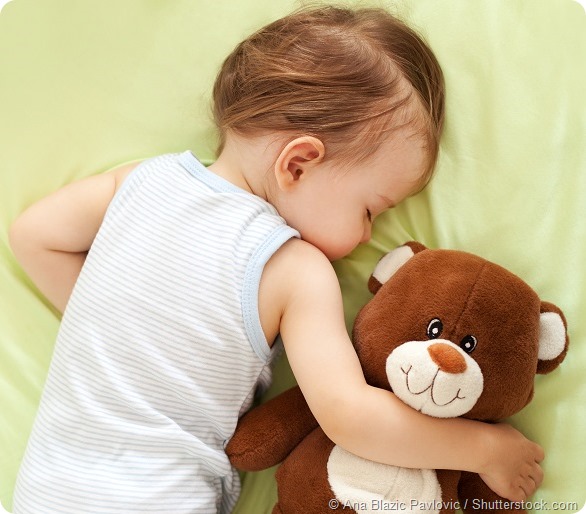The American Academy of Sleep Medicine (AASM), an organization that supports and promotes better sleep health, has released guidelines on the number of hours of sleep that children and teenagers need to minimize sleep related health problems.

Presented at SLEEP 2016, the findings show that in general infants younger than 12 months old need as much as 16 hours of daily sleep to ensure that they have the right amount of rest to reduce health risks.
The organisation’s consensus statement published in the June edition of the Journal of Clinical Sleep Medicine is based on a 10-month project by the Pediatric Consensus Panel of sleep experts.
The panel reviewed 864 published scientific articles about sleep in children and teenagers to derive the guidelines which are endorsed by the American Academy of Pediatrics, the Sleep Research Society and the American Association of Sleep Technologists.
Sleep is considered to be one of the essential ingredients to help the human body maintain good mental and physical health. The panel’s investigation showed that lack of sleep could compromise behavior, learning and attention span and could exacerbate mental and physical health problems.
Low sleep amounts have been linked to an increased risk of accidents, hypertension, depression, obesity and diabetes. Teenagers with a sleep drought also could be more prone to suicidal thoughts, suicide and self-harm.
Sleep is essential for a healthy life, and it is important to promote healthy sleep habits in early childhood,"
"It is especially important as children reach adolescence to continue to ensure that teens are able to get sufficient sleep."
Dr. Shalini Paruthi, Pediatric Consensus Panel moderator and fellow of the American Academy of Sleep Medicine.
To come up with their recommendations, the panel gave gradings to the reviewed scientific articles about children and sleep following rounds of voting. They recommended the following regular amounts of sleep per day for different age groups to achieve optimal health:
- Infants 4 to 12 months should sleep 12 to 16 hours per 24 hours (including naps)
- Children 1 to 2 years of age should sleep 11 to 14 hours per 24 hours (including naps)
- Children 3 to 5 years of age should sleep 10 to 13 hours per 24 hours (including naps)
- Children 6 to 12 years of age should sleep nine to 12 hours per 24 hours
- Teenagers 13 to 18 years of age should sleep eight to 10 hours per 24 hours
More than a third of the U.S. population is not getting enough sleep, and for children who are in the critical years of early development, sleep is even more crucial."
"Making sure there is ample time for sleep is one of the best ways to promote a healthy lifestyle for a child."
Dr. Nathaniel Watson, 2015 - 2016 president of the American Academy of Sleep Medicine.
During the review of information, the Pediatric Consensus Panel also found that sleeping more than the suggested hours also could have a detrimental effect. This was associated with diseases such as issues such as obesity, hypertension, diabetes and mental health problems.
The project was funded by the National Healthy Sleep Awareness Project, a partnership between the Centers for Disease Control and Prevention, AASM and SRS.
References